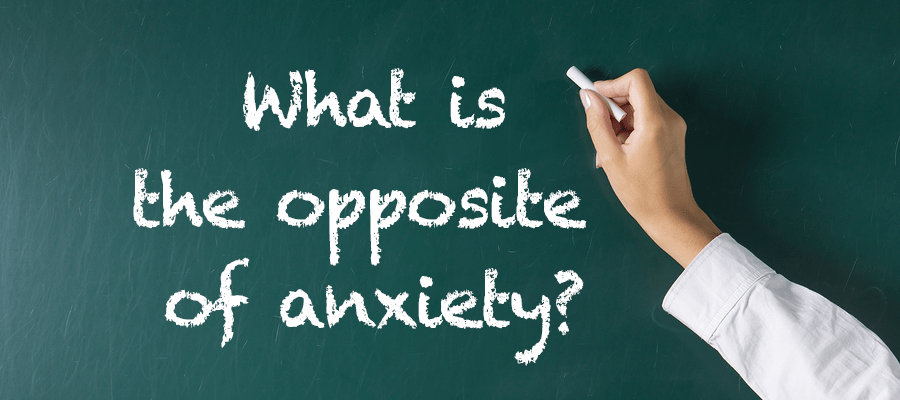
What Is The Opposite of Anxiety?
For someone who specialises in helping people with anxiety you would think that I would know the answer to the question ‘What is the opposite of anxiety?
I had to ponder this question for some time before realising I didn’t have a definitive answer.
Then I thought about my other specialist subject, depression, and it occurred to me that this doesn’t have a definitive opposite either but is better summed up with expressions such as happy, motivated, in control, engaged with life, living in the moment and excited, which are all challenging states of being for someone who has depression.
So, as anyone would these days I asked Google.
It was interesting that one of the sites I looked at said “a variety of words whose meaning is nearly the opposite of anxiety.” • apathy• assurance• calmness• carelessness• confidence• ease• light-heartedness• nonchalance• satisfaction• tranquillity‘ are nearly’ the opposite, but not exactly, so the question remained of what is the opposite of anxiety. Surprisingly I found many articles addressing the same question, it seems I’m not the only one trying to figure this out.
From the list above ‘confidence’ is the closest to a definition that resonates with me, but I would like to share with you the concluding paragraph of one of the blog posts I read which said
“The opposite of anxiety is trust: trust in our core strengths, trust in our resilience, trust in the process, and trust even in the discomfort of our anxious emotions to deliver important messages.”
(https://blogs.psychcentral.com/stress-better/2016/07/whats-the-opposite-of-anxiety/)
Another definition that was popular was
“The opposite of anxiety is mindfulness”
Personally I think it’s more accurate to describe mindfulness as an antidote to anxiety.
When in clinic, seeing a client for the first time we have a standard set of exploratory questions to establish if we can help and how. The first question is always “How can I help?” (To be expected perhaps!) To which we usually learn the nature of the problem such as ‘I have anxiety’ or along the lines of ‘I’ve been diagnosed with General Anxiety Disorder’. Then to deepen our understanding of exactly what form their anxiety takes and to discover what the client would like to achieve or change, our follow up question is “If hypnotherapy was to help with your anxiety, how would that show”, in other words, what would be different? ”Are the answers to this question more revealing in uncovering the opposite of anxiety?
Sometimes people would ponder that question, but often they would know immediately what they want to change
“I wouldn’t have panic attacks’‘
“I would be able to take my children to school”
“I would feel in control”
“I would be able to go out with friends in the evening”
“I wouldn’t worry about getting ill/cancer/what people think of me/losing my job” etc
“I wouldn’t be avoiding everything”
I came to the conclusion that anxiety and depression are both concepts, words that encompass a much more detailed description which incorporates individual variations and differences within the understanding of the term.
If this is the case, then perhaps the opposite of a concept is also an a concept with individual differences and so there isn’t a definitive opposite that everyone with anxiety is looking to achieve.
For the person who fears talking to strangers in a social situation, perhaps bravery is the opposite, whereas, the person who has panic attacks might consider being calm as the opposite.
I had to conclude that there is not right or wrong answer to the opposite of anxiety, just whatever it means to you.
I would be very interested to know that the opposite of anxiety is to you or if you can do any better in coming up with a definition, please do leave your ideas below.
1 Comment
Submit a Comment
If you have an inspiring story or something to share that you think will help others wrestling with anxiety or depression, I would love to hear from you. If you have found in particular strategy helpful, chances are that someone else will also benefit, spread the word, share the love and help the fight back against the epidemic of anxiety and depression spreading across the western world.
Wishing you health, wealth, happiness and success

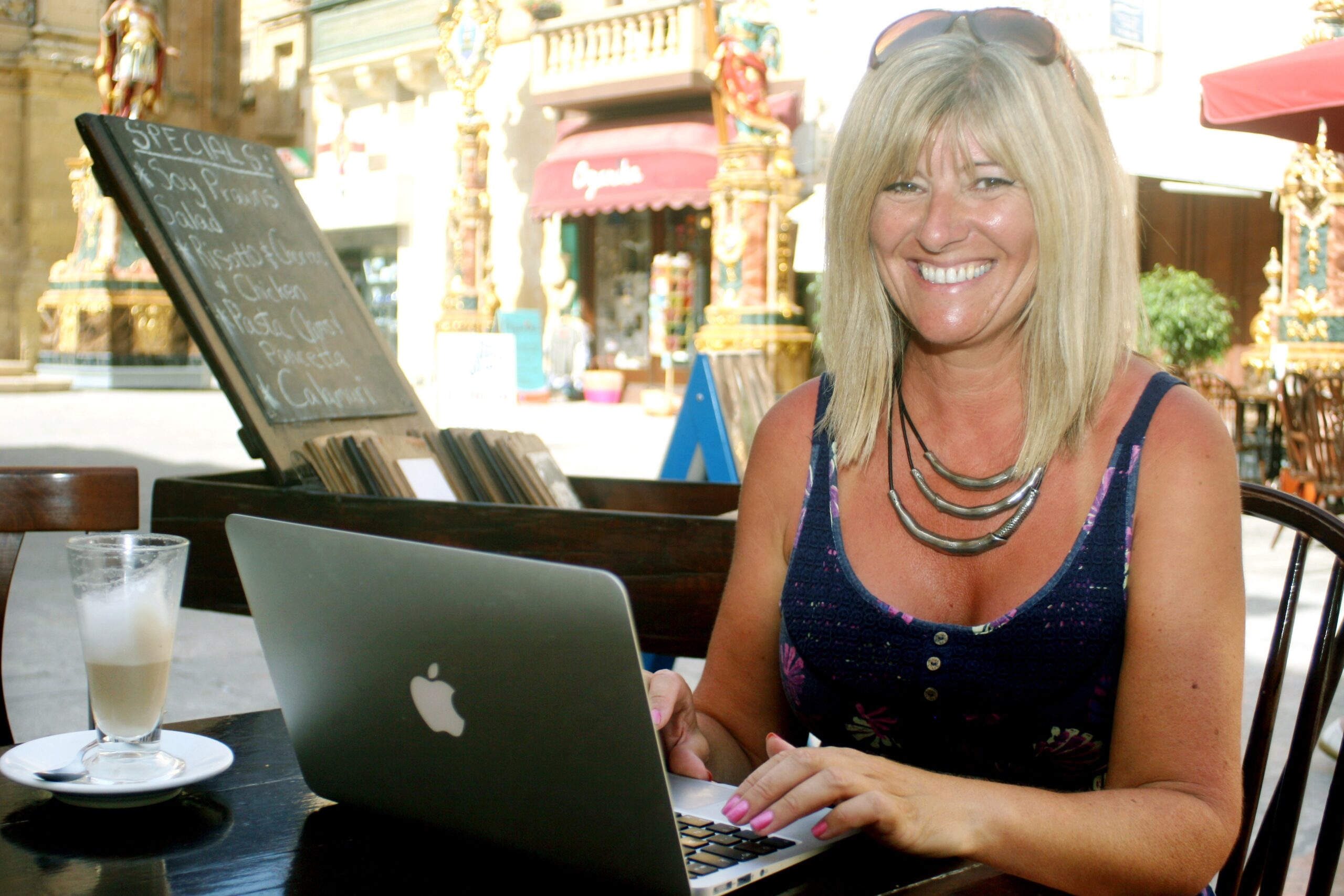
Arrange a Free Initial Consultation in Cirencester, Exeter, Plymouth, Swindon or by Skype
Shop Online for Courses, eBooks and Self Hypnosis Tracks to help anxiety and depression
How To Move On
Moving on from something or someone can be hard and it seems to make no difference whether the circumstances or person we need to move on from was a good or a bad thing. Letting go and stopping the thoughts and memories from going around in your mind can be tricky, but there are ways you can help yourself and here are a few.
Why treating symptoms of anxiety and depression isn’t the answer
If you want to stop an itch, you do put cream on that itch or do you stop exposing yourself to whatever is causing the itch. In the same vein, treating symptoms of anxiety might give you temporary relief, but it doesn’t cure them if you keep doing the same things that cause anxiety. Find
Why global thinking is bad for anxiety and depression
People with anxiety and depression tend to think in an ‘all or nothing’ way. It comes from the primitive times when life was about eat or be eaten, kill or be kills, but thinking in global terms demonstrates that you are in your flight or fight primitive brain. This video tells you why that’s bad for you.
What does it take to cure anxiety and depression
You can cure yourself of anxiety and depression. Science shows that a chemical imbalance is responsible and is uncovering more completely treatable and preventable causes. However, before you can start your own recovery, will you understand and accept this element of recovery first?
How To Get Off The Hamster Wheel of Problems
When you get stuck in anxiety and depression it can feel as if you’re going round and round in frustrating circles, not able to get off your own personal ‘hamster wheel’. If you want to get off, there are strategies you can use, watch Emma’s latest Vlog.
When Obsessive Thinking Becomes Extreme
If you have anxiety and/or depression you will be familiar with obsessive thinking as it is one of the characteristics of the conditions, but what happens when that obsessive thinking becomes extreme and fixated, has something else taken over and what can you do about it?
Disclaimer | Privacy Policy | Terms and Conditions
Copyright © OLD TOWN HYPNOTHERAPY 2016 All Rights Reserved


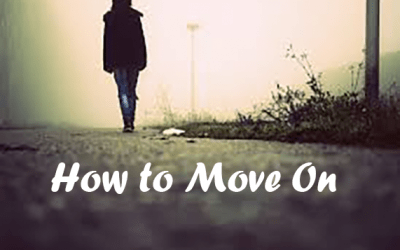
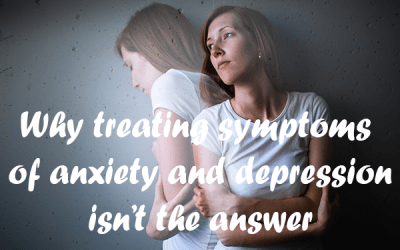
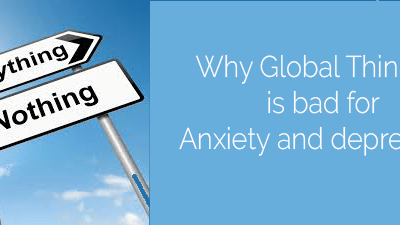
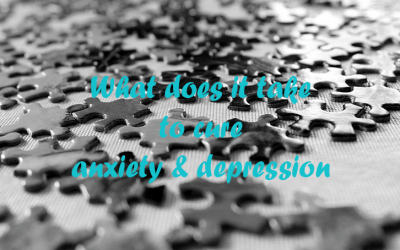
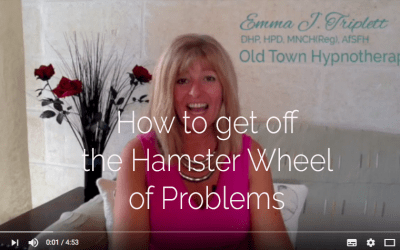
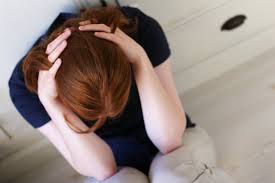
i like to think the opposite to my anxiety would be comfort and safety.i often say to myself insted of anxiety i would like to feel comfortable because anxiety causes so much discomfort.a therapist once asked me how i would like to feel instead of anxiety and my answer was simple,i would like to feel comfortable,comfortable within myself,also feeling safe was another one of my answers.